Unveiling Injustice in Iran: The 5-Year Sentence for Political Prisoner Mir Yousef Younesi
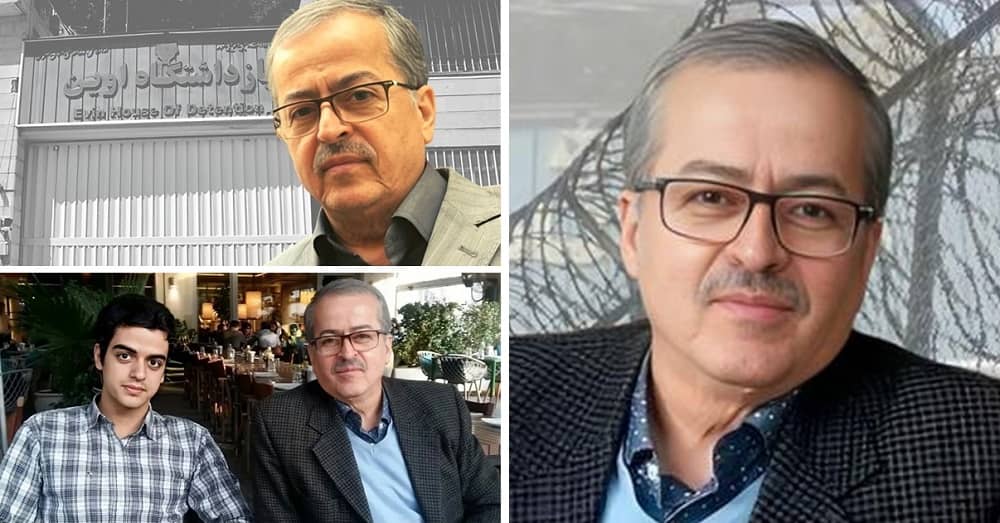
Mir Yousef Younesi, a political prisoner with a history of enduring torment and incarceration spanning the Shah’s era and the Khomeini regime, has been sentenced to five years of imprisonment by the Revolutionary Court of Tehran.
Maryam Akbari Receives Additional Three-Year Sentence in Two Separate Trials, Extending her Detention as one of the Longest-Held Female Political Prisoners
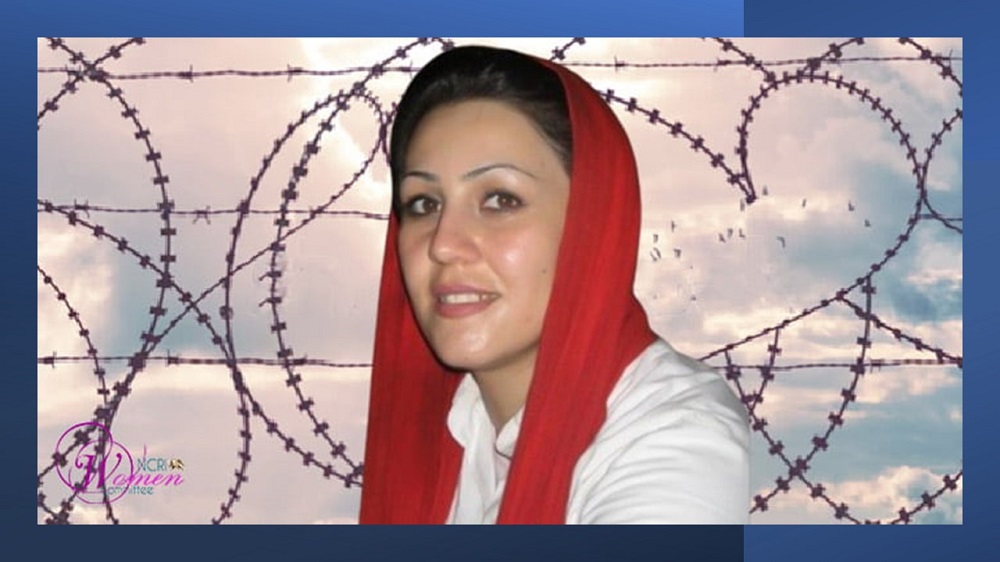
On January 1, 2024, the Women’s Committee of The National Council of Resistance of Iran declared that Maryam Akbari Monfared, one of the longest-held female political prisoners in Iran, has been handed an additional three years in two separate trials. This sentence extension, totaling 18 years, impedes her release after completing a 15-year term.
Iran’s Regime Escalates Repression: Urgent Action Needed for Political Prisoner Ali Moezi and Other PMOI Prisoners
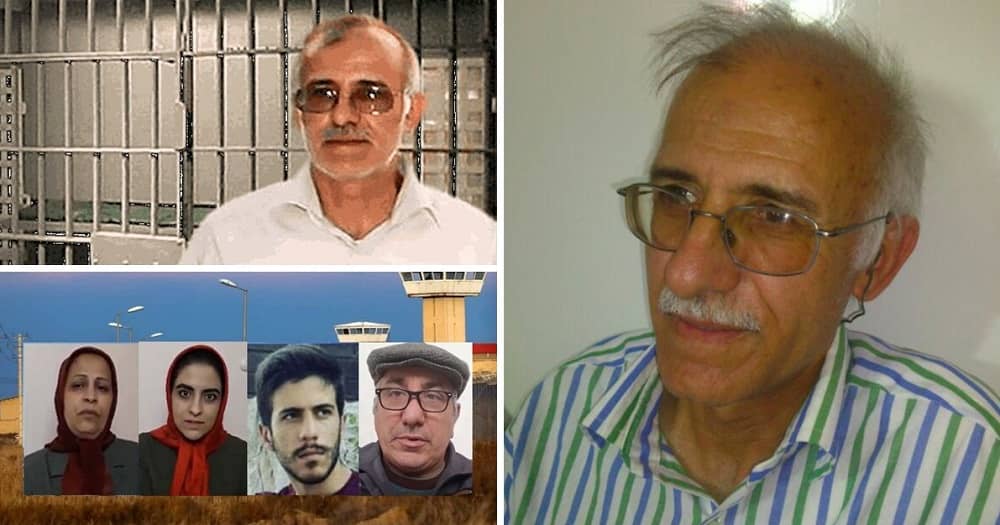
The Secretariat of the National Council of Resistance of Iran reported on December 23 that the oppressive mullahs’ regime has intensified pressure on political prisoner Ali Moezi in Evin prison’s 4th ward. His medical treatment is obstructed, and access to the hospital is denied.
Demonstration in Front of the Mullahs’ Regime Embassy in Rome to Protest the Increasing Wave of Executions in Iran
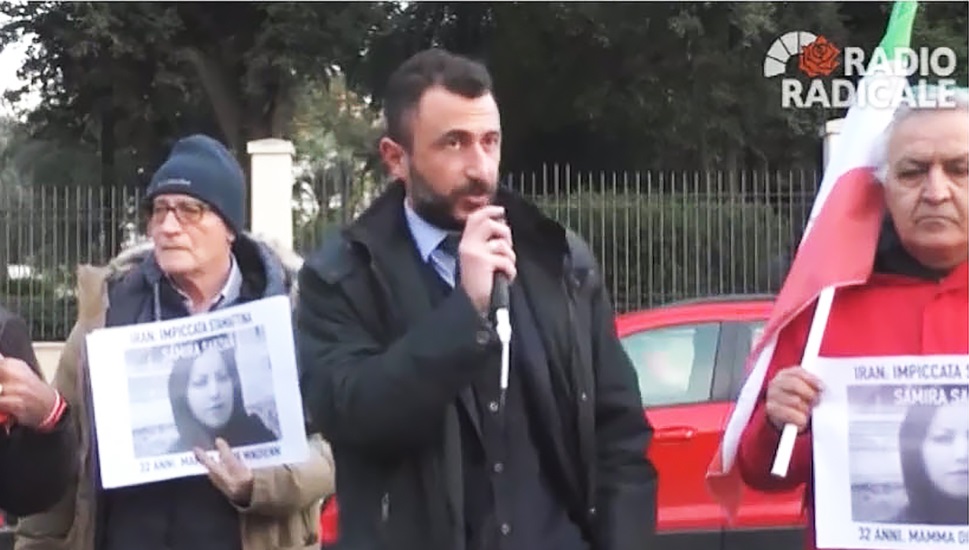
On Wednesday, December 20, 2023, the Human Rights Association “Don’t Touch Cain” announced a demonstration in front of the mullahs’ regime embassy in Rome to protest the increasing wave of executions in Iran.
Alarming Surge of Political Executions in Iran
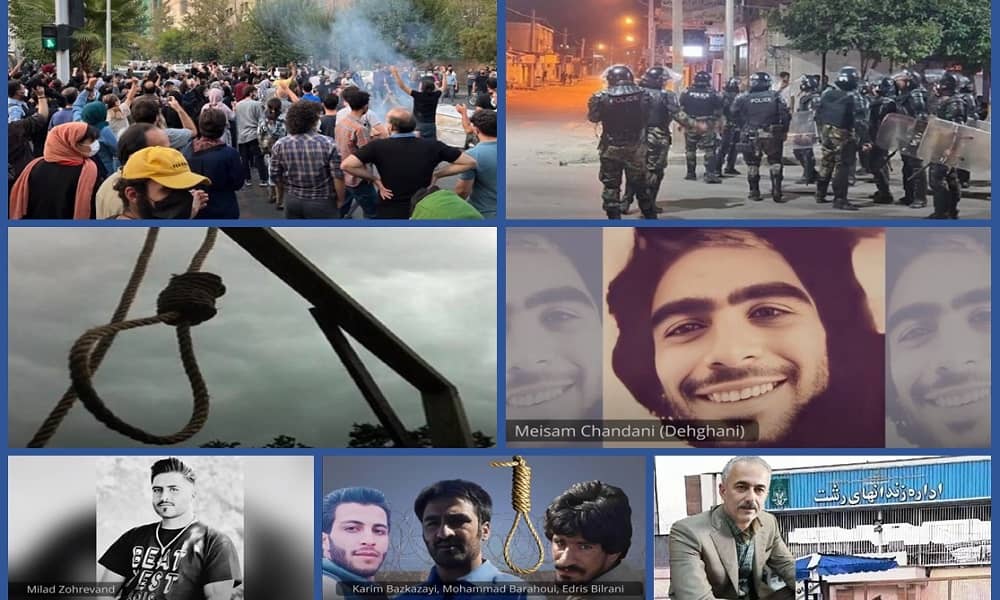
Under the fog of the war in Gaza, the regime of Iran has been engaged in a widespread campaign of suppression at home. The regime has carried out more than 100 death sentences in the past month and is taking advantage of the situation to execute dissidents lingering in Iran’s prisons.
Execution of Milad Zohrevand, Detainees of the 2022 Iranian Uprising, in Hamedan Prison by the Religious Dictatorship Ruling Iran
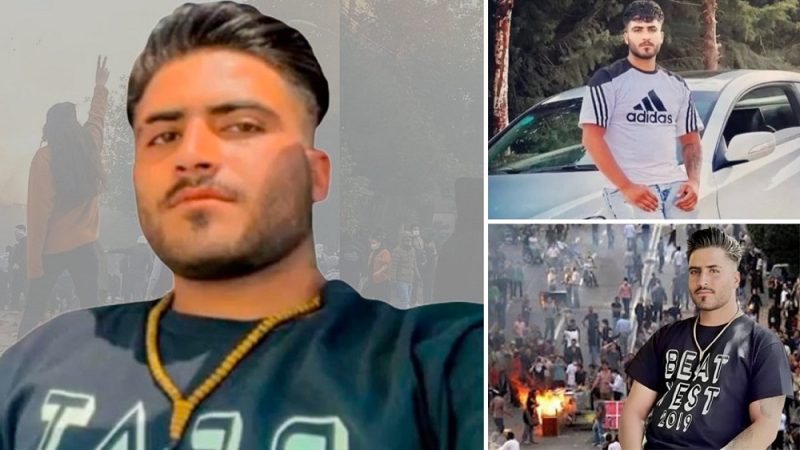
Regarding the brutal execution of a 21-year-old young man named Milad Zohrehvand, who was arrested a year ago during the national uprising of the Iranian people, the Secretariat of the National Council of Resistance of Iran issued a statement
Geneva: Protest Rally to Condemn the Iranian Regime’s Appointment to Chair the Social Forum of the Human Rights Council
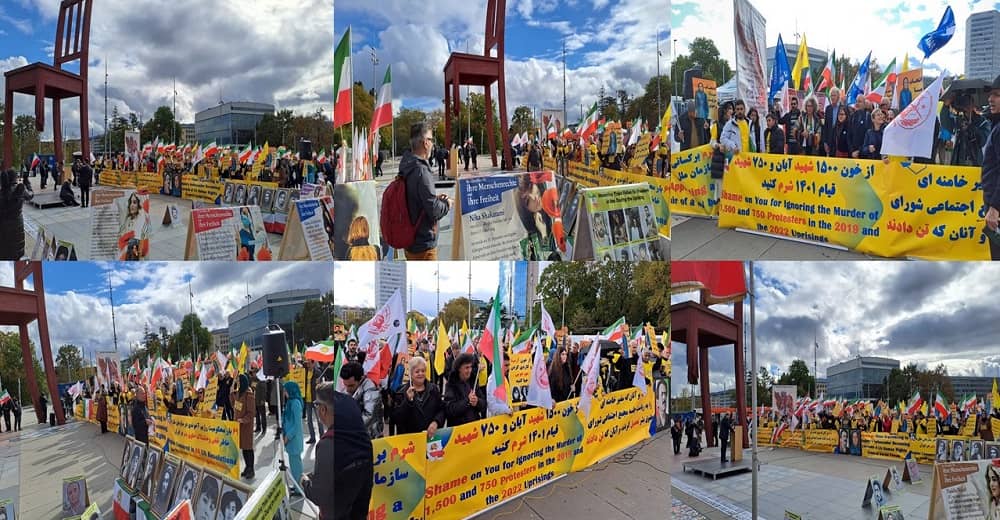
Geneva, Switzerland—November 3, 2023: Freedom-loving Iranians and supporters of the People’s Mojahedin Organization of Iran (PMOI/MEK) held a protest rally in front of the UN headquarters to condemn the Iranian regime’s appointment to chair the Human Rights Council Social Forum.
Decoding the Why and When of the 1988 Massacre in Iran
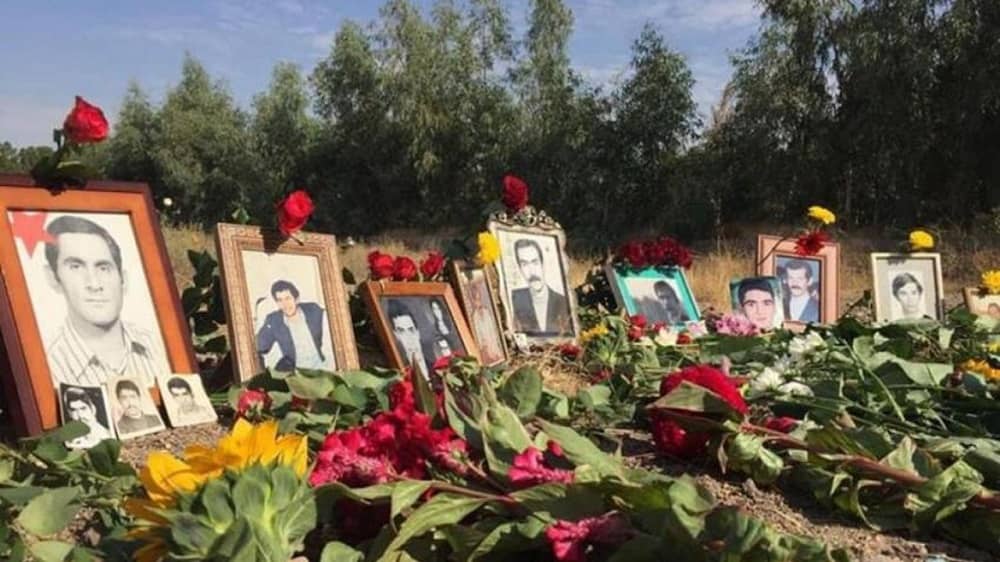
Iran’s history has been marred by a clerical dictatorship known for its deceit and attempts to rationalize heinous actions. Among its darkest chapters is the summer of 1988, when thousands of political prisoners lost their lives in a massacre. State officials, rather than owning up to their roles, try to downplay or deny involvement in what human rights experts consider a “genocide.”
Global Echoes: Demanding Justice for the Victims of Iran’s 1988 Massacre
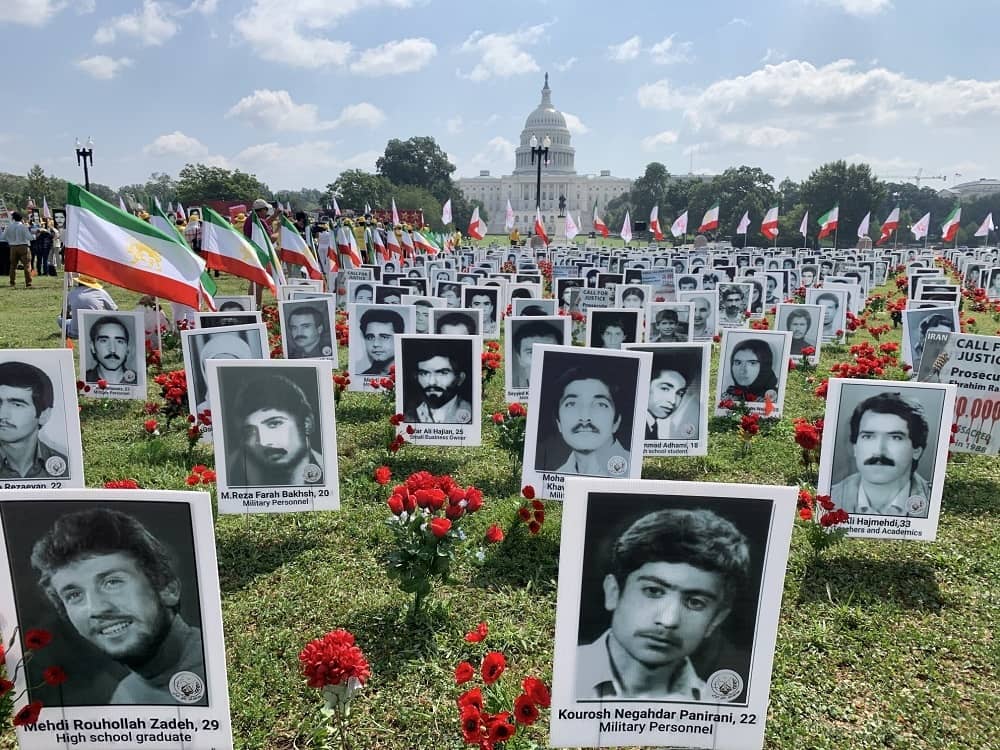
In 1988, the founder of the mullahs’ regime, Ruhollah Khomeini, orchestrated a brutal massacre of political prisoners associated with the People’s Mojahedin Organization of Iran (PMOI/MEK). His intention was to eliminate his main opposition and any potential alternative once and for all. Little did he anticipate that this heinous crime against humanity would ignite a justice-seeking movement that would endure for decades and extend across the globe.
Iran’s 1988 Massacre of Political Prisoners: Unraveling the Critical Events
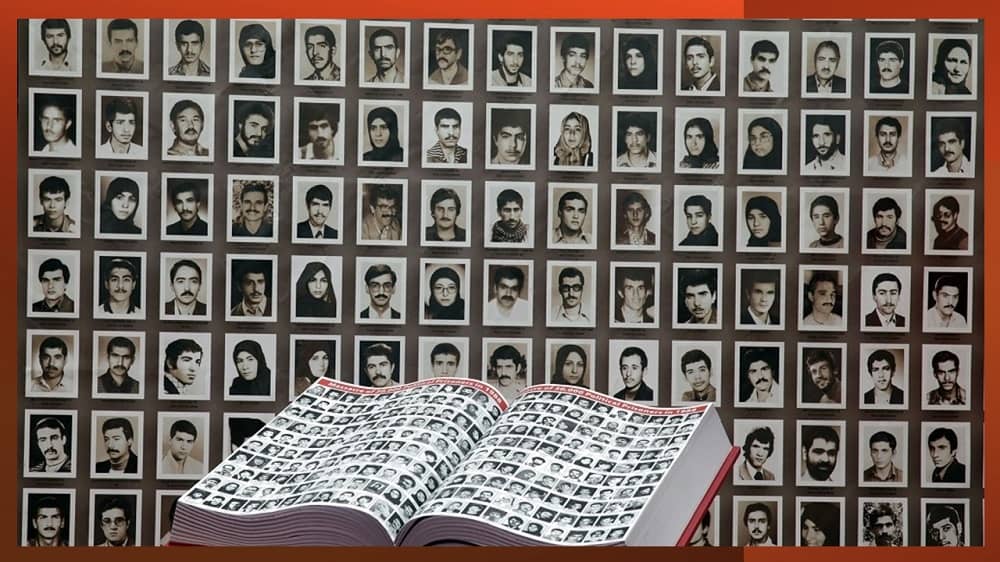
An examination of the political landscape in Iran during 1988 reveals significant events, including the ceasefire of the Iran-Iraq war, the severe illness of Khomeini, the precarious situation of his successor, and the perceived threat from the people and the Resistance. These events all point to Khomeini’s apparent intention to eliminate the MEK (Mujahedin-e Khalq).

